ESCRS BOARD ELECTION 2019
ESCRS Board Election candidates introduce themselves

Aidan Hanratty
Published: Tuesday, May 28, 2019
 ESCRS Board elections are held every two years. Board members serve for a term of four years and can be re-elected for one additional four year term. Board members must have been a full member of the ESCRS for at least the last three consecutive years and in order to stand for election candidates must be nominated by five other full members of the Society.
There are five positions open on the Board in this election. Seventeen full members of the ESCRS have been nominated for election to the Board and they are profiled below.
Voting opens on 10 June and closes on 2 September. Members entitled to vote will receive a ballot paper in the post by 10 June. The names of the new Board members will be announced at the Annual General Meeting of the ESCRS which will take place during the Annual Congress in Paris in September.
Please note that only European full members of the ESCRS are entitled to vote in the Board election.
ESCRS Board elections are held every two years. Board members serve for a term of four years and can be re-elected for one additional four year term. Board members must have been a full member of the ESCRS for at least the last three consecutive years and in order to stand for election candidates must be nominated by five other full members of the Society.
There are five positions open on the Board in this election. Seventeen full members of the ESCRS have been nominated for election to the Board and they are profiled below.
Voting opens on 10 June and closes on 2 September. Members entitled to vote will receive a ballot paper in the post by 10 June. The names of the new Board members will be announced at the Annual General Meeting of the ESCRS which will take place during the Annual Congress in Paris in September.
Please note that only European full members of the ESCRS are entitled to vote in the Board election.
Meet the candidates
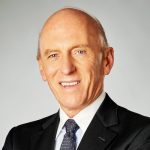 Jorge Alió, Spain
Jorge Alió, Spain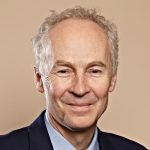 Bruce Allan, UK
Bruce Allan, UK Michael Amon, Austria
Michael Amon, Austria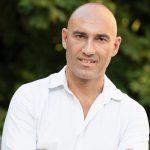 Navid Ardjomand, Austria
Navid Ardjomand, Austria Zsolt Biró, Hungary
Zsolt Biró, Hungary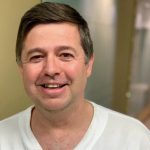 Salvador García-Delpech, Spain
Salvador García-Delpech, Spain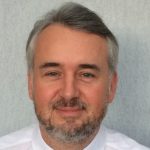 Andrzej Grzybowski, Poland
Andrzej Grzybowski, Poland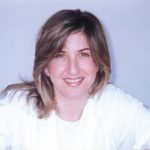 Vikentia Katsanevaki, Greece
Vikentia Katsanevaki, Greece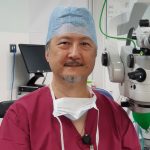 Christopher Liu, UK
Christopher Liu, UK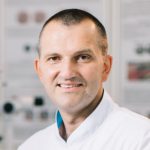 Volodymyr Melnyk
Volodymyr Melnyk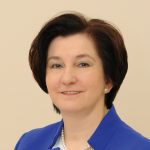 Ewa Mrukwa-Kominek, Poland
Ewa Mrukwa-Kominek, Poland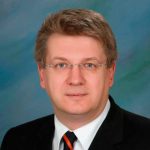 Zoltán Nagy, Hungary
Zoltán Nagy, Hungary Nic Reus, The Netherlands
Nic Reus, The Netherlands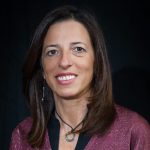 Filomena Ribeiro, Portugal
Filomena Ribeiro, Portugal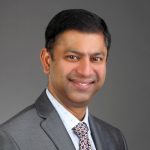 Sathish Srinivasan, UK
Sathish Srinivasan, UK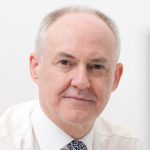 Julian Stevens, UK
Julian Stevens, UK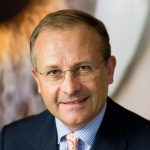 Jérôme Vryghem, Belgium
Jérôme Vryghem, Belgium